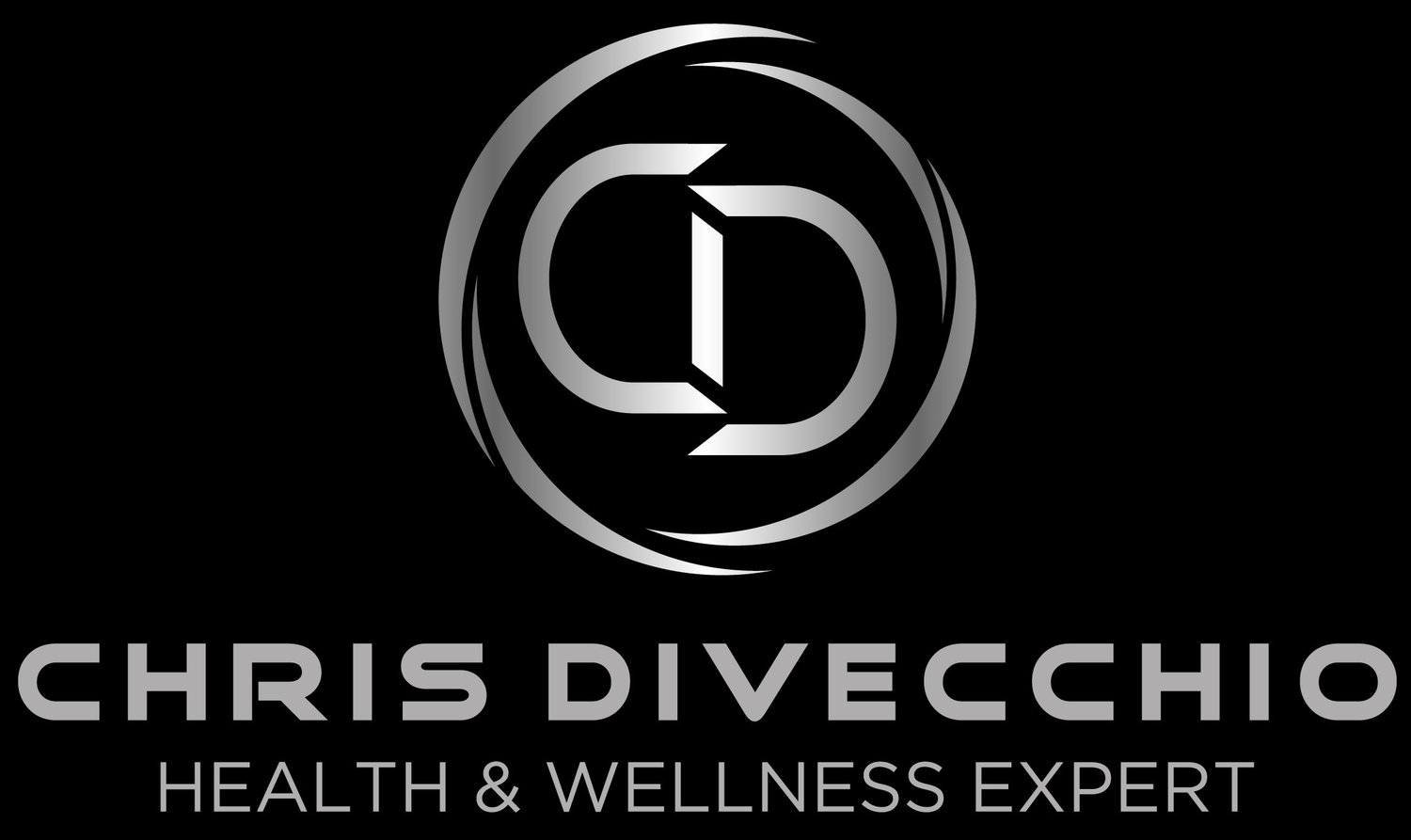Leaky Gut: Why Grains May Be to Blame
In the health and wellness world, the term “leaky gut” has gained a lot of attention recently. But what does it really mean? And how does it affect your overall health?
Leaky gut syndrome is a digestive condition in which your intestinal walls start to loosen and create gaps. This intestinal permeability allows undigested food and bacteria to enter your bloodstream. Leaky gut is associated with numerous chronic health issues.
The Importance of Gut Health
The main role of the digestive system is to break down food particles, take in nutrients, and eliminate waste. The lining of your intestines helps separate your gut and bloodstream, stopping toxic substances from coming into your body.
A poor functioning digestive system not only prevents you from absorbing nutrients, but it can cause inflammation and become dangerous for your overall health. That’s why It’s important to be aware of what you eat; it can make a major difference in terms of hurting or healing leaky gut.
So, what steps can you take to heal your gut? Focus on foods that foster the growth of healthy bacteria.
Healthy vs Unhealthy Grains
Grains in particular can be hit or miss so it’s important to know the right types of grains that will improve your digestive health rather than hurt it.
Good grains include gluten-free grains like rice (brown or white), gluten-free oats and buckwheat. Other good substitutes are potatoes (white or sweet). They act as a resistant starch that feeds healthy bacteria.
There are numerous studies that show how the gut microbiome responds to grains. According to research, consuming brown rice increases the amount of bifidobacteria and lactobacilli and other types of good bacteria.
Good bacteria in the gut is responsible for strengthening your immune system and reducing inflammation - two factors that play a crucial role in your overall health. In fact, studies show gut bacteria may be the key to preventing and treating some diseases and chronic health conditions.
In terms of unhealthy grains, you’ll want to avoid wheat-based products that include barley, rye and non-gluten-free oats. Also, steer clear of processed meats, baked goods, dairy products, refined oils (canola, sunflower, soybean) and artificial sweeteners.
These grains are digested and absorbed very quickly, causing your blood sugar levels and food cravings to spike. Unhealthy grains can ultimately lead to metabolic issues and obesity.
Are You Hurting or Healing Your Gut?
If you’re experiencing symptoms such as digestive issues, bloating, constipation, fatigue, extreme weight loss or gain, you may want to consider exploring some dietary changes.
Remember, food can be your medicine or your poison!


